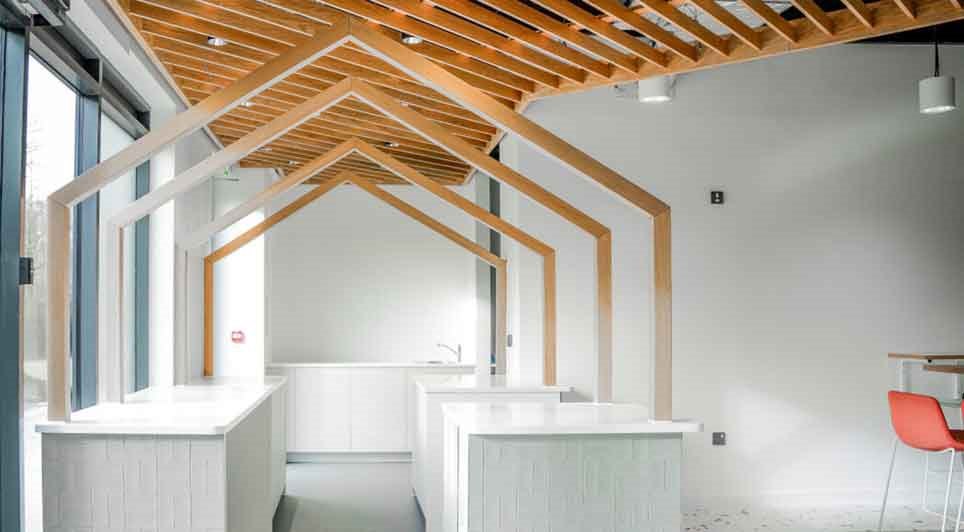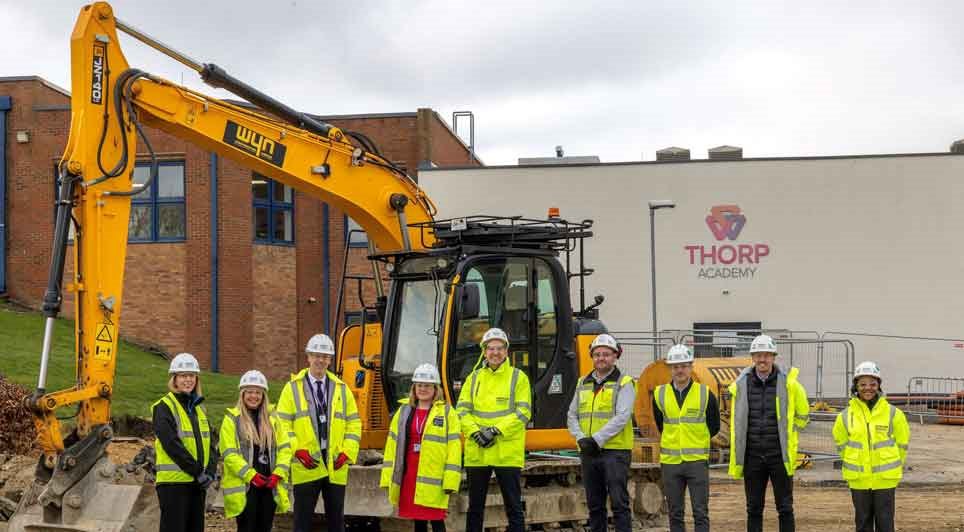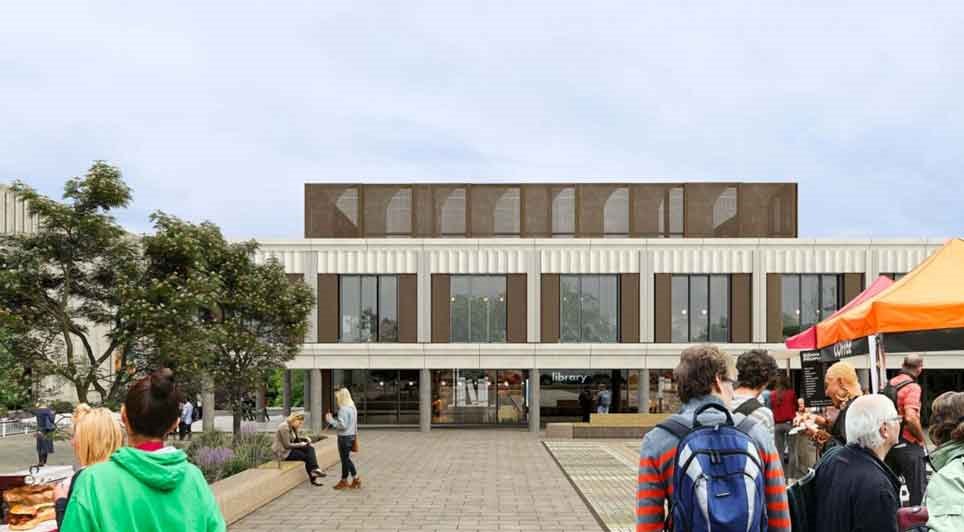New research from the Equality and Human Rights Commission sets out the business case for increasing diversity in the construction industry as a way for the sector to tackle its skills shortage.
The report found that addressing race, gender, disability and age diversity also helps the industry to reduce costs and increase business opportunities. It follows the Commission's Inquiry into race in the construction industry which found that the industry was missing out on an untapped pool of talent as, despite being one of Britain's biggest employers, only three per cent of the workforce were Black or Asian.
Diversity challenges identified in the latest report include a need for the construction industry to respond to an ageing workforce, a failure to retain women in professional jobs and only a limited awareness of disability beyond physical impairment.
This is supported by additional evidence in the Commission’s review of equality, How Fair is Britain? which found that the proportion of women in engineering or working as architects, planners and surveyors remain stubbornly low and that gender appears to be more important than social class in accounting for differences in career aspirations among young people.
The report found evidence from within the construction industry that the benefits of dealing with these issues by far outweigh the costs for employers. They benefit by recruiting from a wider section of the population and having a respectful working environment that enables employees to give their best. The costs include a risk to reputation, loss of productivity, high staff turnover costs or employment tribunal cases.
One company's training initiative involves a 'yellow-card' effect for inappropriate behaviour. This gave employees the confidence to discuss such incidents resulting in a better workplace culture, an essential step for staff retention. Another firm introduced flexible working, which enabled fathers to pick their children up from school.
Four themes for action are proposed in the report. These include good management practice, accessible information, monitoring and clear communication. It says that introducing even simple changes such taster days for women or having a more diverse interview panel can result in a wider range of people being recruited. Another proposal is for the industry to have a national programme targeted at younger people to demonstrate the many worthwhile careers construction offers.
Equality and Human Rights Commission Commissioner, Jean Irvine said: "Tackling the diversity challenges identified in the report will help the industry recruit people from the widest possible pool of talent. If each organisation does just one thing the industry, which contributes about eight per cent of the UK's GDP, will be a step closer to building a better workplace.
"Companies that have taken on board equality and diversity see it as a competitive advantage and can see the direct benefits in their workplace. Given that only 20 per cent of the working population is now made up of white men, under 45, who are not disabled there is an urgent need for business to recruit more widely and ensure they retain those workers."
(CD)
Construction News
12/04/2011
Research Helps Construction 'Build For The Future'

25/04/2025
Aston Villa Football Club has unveiled plans to refurbish and expand the iconic North Stand at Villa Park, a major step in the wider regeneration of the North Grounds.
The redevelopment will raise the stadium's total capacity to over 50,000, with the North Stand alone increasing to more than 12,00

25/04/2025
Morgan Sindall Construction's Southern Home Counties team has officially handed over the newly completed Crawley Innovation Centre to Crawley Borough Council (CBC).
The transformation of the former TUI travel house into a cutting-edge innovation, economic and technology hub drew local leaders, busi

25/04/2025
Clowes Developments has confirmed that construction will soon commence on five new trade counter, warehouse and industrial units at Stud Brook Business Park in Castle Donington, following planning approval from North West Leicestershire District Council.
The new development, Plot 1, will feature fi

25/04/2025
A historic 18th-century landmark has been carefully restored as part of the major Garendon Park housing development in Loughborough.
The Grade II* listed Obelisk, located within the grounds of the former Garendon Hall estate, had endured years of weathering before undergoing a sensitive restoration

25/04/2025
Mace has appointed industry heavyweight, Gary Sweeney, to head up its European team working across the Healthcare, Life Sciences and Technology sectors.
Gary joins Mace following a spell as Interim Director in Turner & Townsend’s Advanced Manufacturing, Industrial and Logistics division in the UK

25/04/2025
A groundbreaking ceremony has recently marked the start of a £5.5 million extension project at Thorp Academy in Ryton, Gateshead.
The development, aimed at accommodating the growing student population, is being delivered by Morgan Sindall Construction on behalf of the Northern Education Trust (NET

25/04/2025
Wakefield-based Henley Stone Specialists has been appointed to deliver Glass Reinforced Concrete (GRC) elements for the first phase of 'Our Cultural Heart', Kirklees Council’s flagship project aimed at revitalising Huddersfield town centre.
Part of the Henley Construction Management Group, Henley S

25/04/2025
More than 2,500 Nottingham homes are set to benefit from energy efficiency improvements as part of a major £153 million regional initiative to cut household bills and carbon emissions.
Nottingham City Council's Executive Board has approved the acceptance of nearly £76 million in Government funding

25/04/2025
Introduction: What Is a Fitted Hoist?
A fitted hoist is a mechanical lifting device installed in the home to help safely move individuals with limited mobility. Commonly found in bedrooms, bathrooms and living spaces, these systems make it easier and safer to transfer someone between a bed, chair,

25/04/2025
Rail services between Hereford and Shrewsbury are facing significant disruption following the collapse of an underground culvert, forcing the closure of the line in both directions.
Emergency engineering works are underway to ensure the safety of the railway.
Network Rail's engineering teams are
 UK
UK Ireland
Ireland Scotland
Scotland London
London











